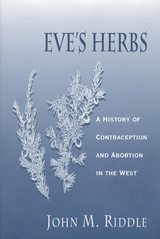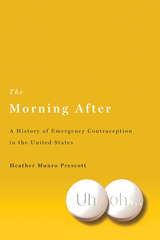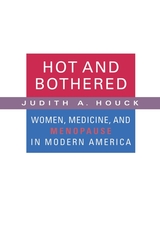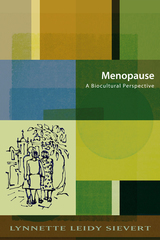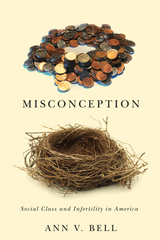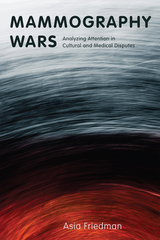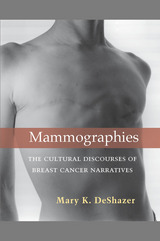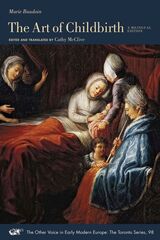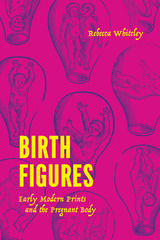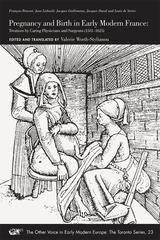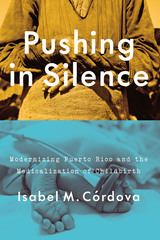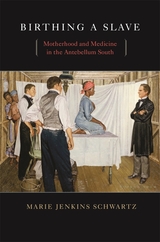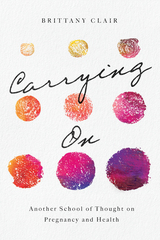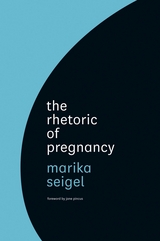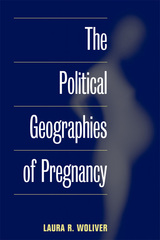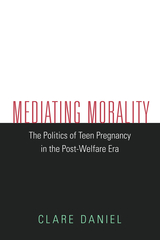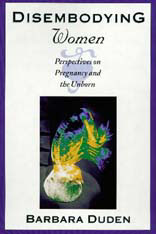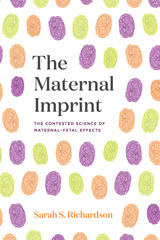Cloth: 978-0-674-54323-2
Library of Congress Classification RG518.G7W54 1995
Dewey Decimal Classification 618.20094209033
In England in the seventeenth century, childbirth was the province of women. The midwife ran the birth, helped by female "gossips"; men, including the doctors of the day, were excluded both from the delivery and from the subsequent month of lying-in.
But in the eighteenth century there emerged a new practitioner: the "man-midwife" who acted in lieu of a midwife and delivered normal births. By the late eighteenth century, men-midwives had achieved a permanent place in the management of childbirth, especially in the most lucrative spheres of practice.
Why did women desert the traditional midwife? How was it that a domain of female control and collective solidarity became instead a region of male medical practice? What had broken down the barrier that had formerly excluded the male practitioner from the management of birth?
This confident and authoritative work explores and explains a remarkable transformation--a shift not just in medical practices but in gender relations. Exploring the sociocultural dimensions of childbirth, Wilson argues with great skill that it was not the desires of medical men but the choices of mothers that summoned man-midwifery into being.
See other books on: Childbirth | Maternity, Perinatal, Women's Health | Midwives | Nursing | Obstetrics
See other titles from Harvard University Press

